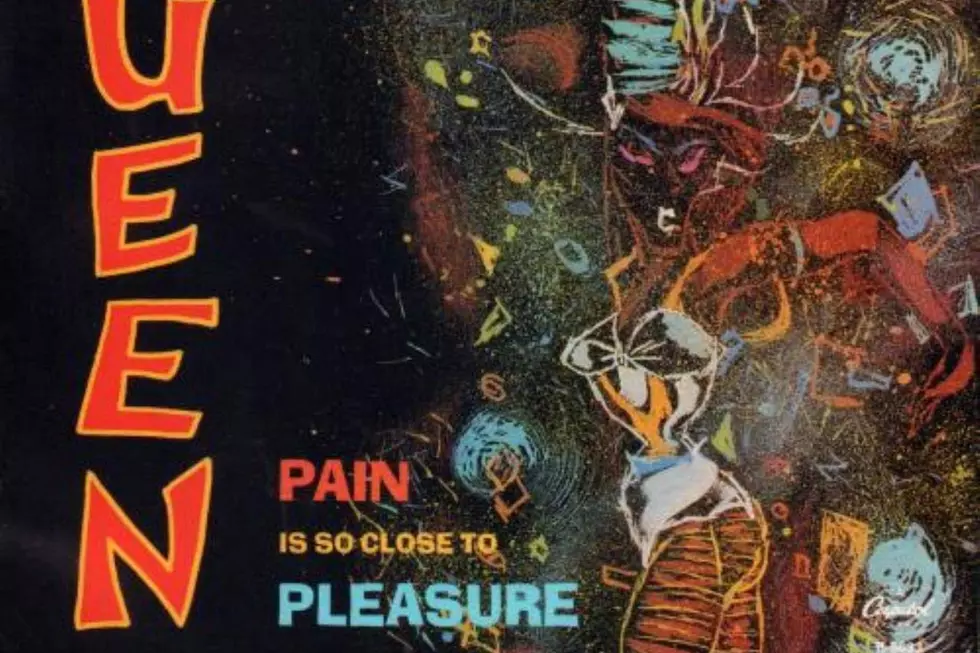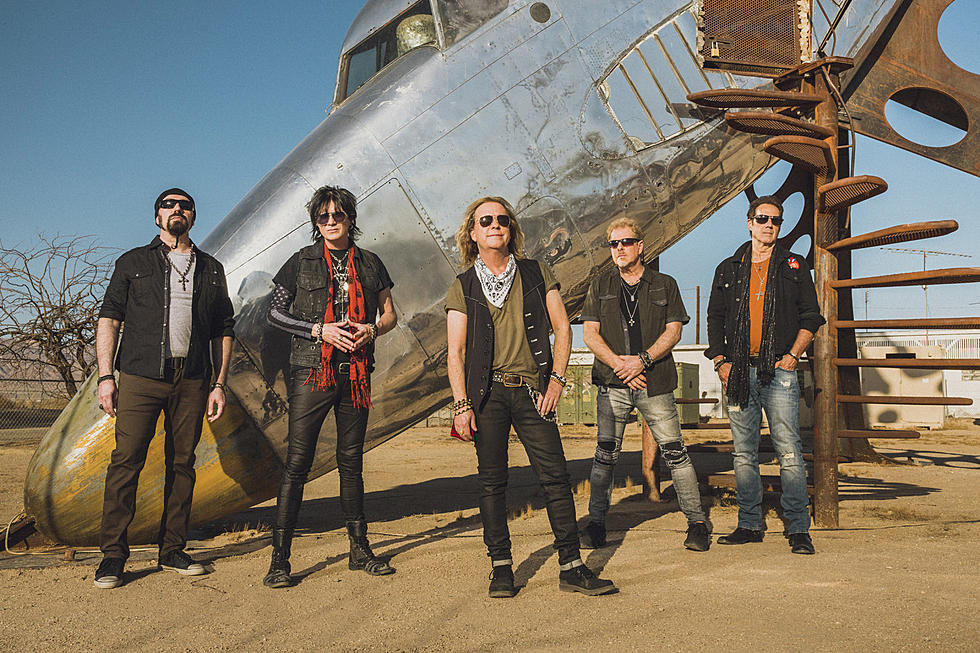
How Queen Fell Into ’80s Trap in ‘Pain Is So Close to Pleasure’
Even though Queen started the '80s - an era notoriously unkind to '70s rock bands - in a pretty good place, not even they could leave the decade entirely unscathed.
"Pain Is So Close to Pleasure," the sixth single from the group's 1986 album, A Kind of Magic, embraced the sounds and techniques of the period: drum machines, synthesizers, electronic recording. They combined it all with a Motown-style bass line, a strategic contribution from bassist John Deacon.
"John is very organized and has a mathematical mind," coproducer Reinhold Mack said in a 1986 interview. "So when he comes into the studio, he has a fairly precise idea of what he wants to do." (No doubt Deacon's degree in electronics from Chelsea College in London, earned before he joined Queen, has something to do with this.)
But for fans who had come to love the band during the earlier decade, "Pain Is So Close to Pleasure" was a disappointment and a commercial bomb. Even Brian May was pushed aside: His guitar shows up for a brief moment at the end of the song.
Listen to Queen's "Pain Is So Close to Pleasure"
The disconnect wasn't just stylistic; it was physical, too. The song is credited to Deacon and singer Freddie Mercury, but came about during separate songwriting situations as the band rode out some lingering tensions. Mercury and Deacon sequestered themselves in Musicland Studios in Munich, while May and drummer Roger Taylor worked at the Mountain Studios in Montreux.
"I think that when we're on tour, we live a touring life, and it's fun. It's not all glamorous, but it's fun," May said in the 1987 documentary Queen: Magic Years, Volume Three. "And when you go home, you have your everyday problems, you have your wife and your family. ... You have bills to pay, and you have to have a semblance of normality."
The single's flop and the band's exhaustion stood in direct contrast to the album's success: A Kind of Magic landed at No. 1 in the U.K. chart following its June 1986 release and sold 100,000 copies its first week. Four hit singles were pulled from the LP: the title track, "One Vision," "Friends Will Be Friends" and "Who Wants to Live Forever." (The album also served as the unofficial soundtrack to the 1986 movie Highlander.)
"I think we have a better overview of what we're doing in relation to how people see us," May said in an interview conducted just before the release of the album. "You have to, because people are all the time telling us what they think of us. I think we're still discovering each other. We talk to each other a bit more freely than we did in the past. We're able to discuss our differences a bit more open-mindedly."
Queen Albums Ranked
More From Eagle 102.3










